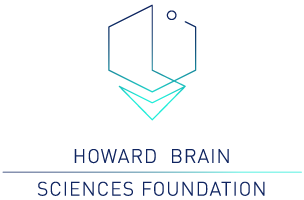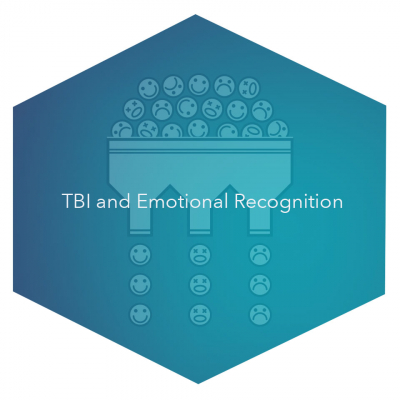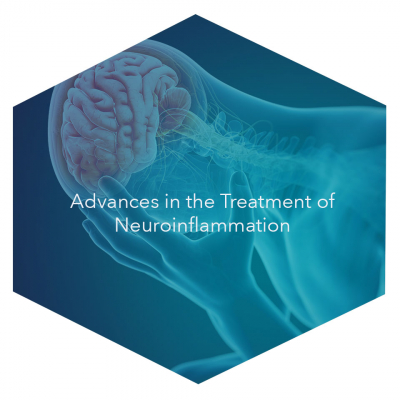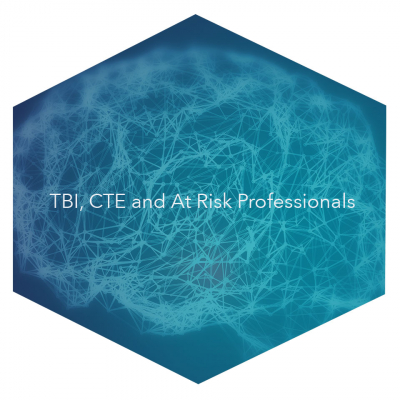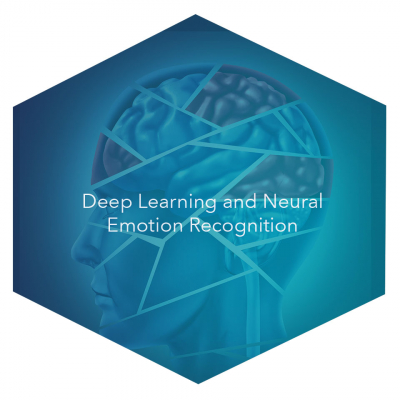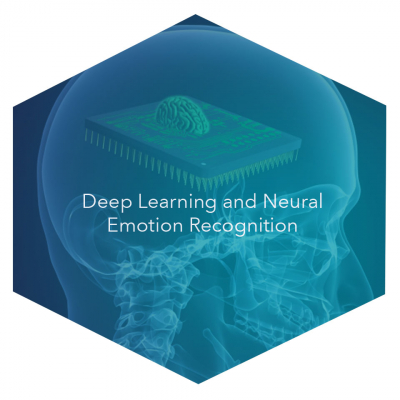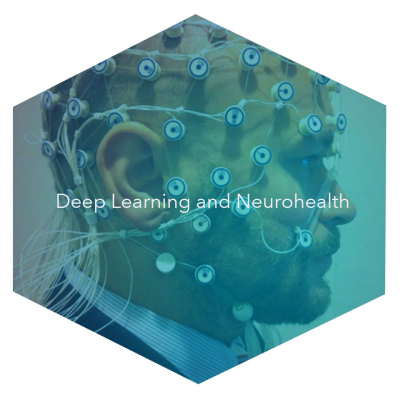Brain Blog Articles
TBI and Emotional Recognition
As we come to a close on our month dedicated to TBI, we will be discussing novel measures of assessing emotion perception following a TBI, The Complex Audio Visual Emotion Assessment Task (CAVEAT), developed by Rosenberg, McDonald, Rosernberg, & Westbrook (2017). Rosenberg et al. (2017), explain the importance of their research as [...]
